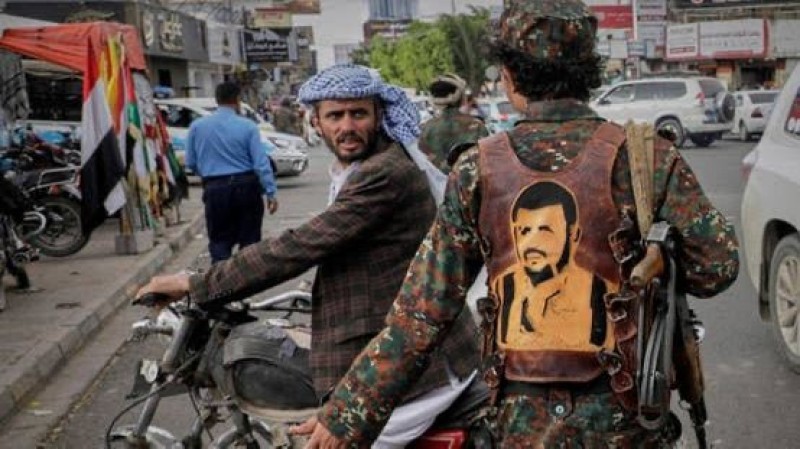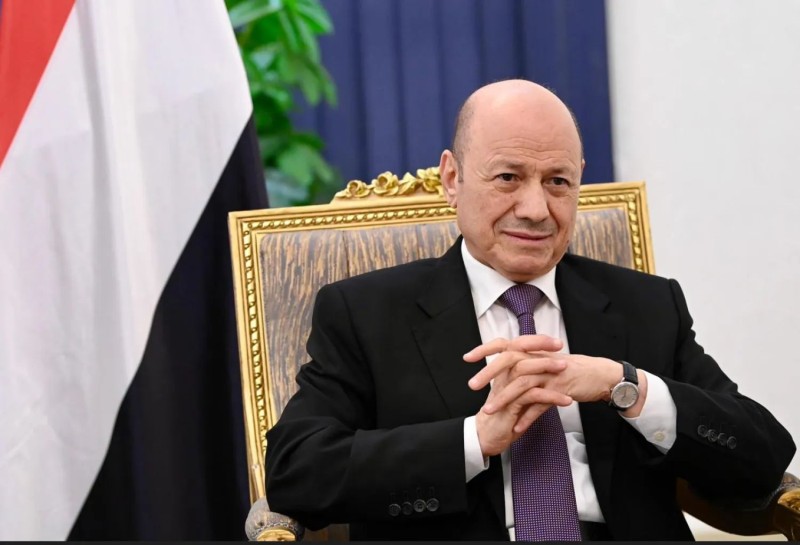Aid to Yemen prevented starvation but more is needed, says UN humanitarian chief


Nearly $14 billion of international aid donated to Yemen in the past seven years has made an “enormous difference” to the people of the country, according to the UN’s humanitarian chief, Martin Griffiths.
It has helped to prevent mass starvation and stabilized morbidity and mortality rates in the war-ravaged country, he said.
However, he told the Security Council on Tuesday that 75 percent of that “exceptional, extraordinary and generous” sum came from only six donors: the US, Saudi Arabia, the UAE, the UK, Germany and the EU. He thanked all donors and stressed the importance of taking stock of the contributions and the humanitarian benefits in Yemen they have helped to achieve.
“First and foremost … there has been no mass starvation in Yemen, as we were so often reminded might be coming,” Griffiths said as he called for continued efforts to prevent starvation and famine amid rising food insecurity.
“The country has started down that dark road several times, including early last year, only to be pulled back by timely, well-funded humanitarian action. That is an important success.”
He also stated that the aid effort has helped keep morbidity and mortality rates steady during the conflict.
“In other words, without the level of the response, many more people in Yemen would have fallen sick and many, died,” he said. “That is another critical result. These and other achievements are the result of collective action, not the action of one.”
He was speaking during a meeting of the Security Council to discuss the situation in Yemen ahead of a high-level pledging event for the country on Wednesday that will be co-hosted by Sweden and Switzerland. Aid agencies are seeking almost $4.3 billion of funding so that they can continue to help more than 17 million Yemenis across the country.
“Tomorrow’s event is not just about the money, though that is hugely important,” said Griffiths. “It is also an opportunity for the international community to show we are not giving up on Yemen, even after all these years and with new crises emerging — and that is a very important message.”
He said that the situation in Yemen continues to represent a “chronic emergency,” as hunger, disease and “other miseries” rise faster than aid agencies are able to ease them.
“23.4 million people now need some form of assistance,” Griffiths said. “That is three of every four and that is the astonishing figure which is so deeply troubling.
“Among them, 19 million will go hungry and that is an increase of almost 20 per cent since last year. And we believe — and I use these words carefully — that more than 160,000 of these people will face famine-like conditions.”
Despite many international calls for a ceasefire and peace talks to resolve the conflict in Yemen, hostilities persist along nearly 50 front lines, Griffiths said, includes Marib, where a Houthi offensive has continued for two years.
“Last year, hostilities killed or injured more than 2,500 civilians and forced nearly 300,000 people to flee their homes,” he said, adding that 4.3 million people have been displaced in Yemen since 2015.
Yemen imports a third of its wheat supply from Ukraine. The war raging in the latter country after the Russian invasion last month might restrict imports and push up the cost of food, which has already almost doubled in Yemen in the past year, Griffiths said. Fuel shortages are also contributing to rising food prices, he added.
Hans Grundberg, UN Secretary-General Antonio Guterres’s special envoy for Yemen, told the Security Council that the people of the country have been denied the chance to live in peace for too many years and a concerted joint effort by the international community is needed to break “this never-ending cycle of violence and lay the foundation for a sustainable peace.”
Briefing council members on the latest developments in the security situation, Grundberg said that hostilities continue unabated on many fronts. Among other examples, he highlighted the continuing Houthi offensive in Marib which “has caused enormous harm to civilians” for two years.
“The violence also continues to spill into the region,” he said. “On Feb. 21, shrapnel from a drone intercepted over Jazan city’s King Abdullah Airport wounded 16 civilians.”
The fact remains that there can be no sustainable military solution to the conflict, the envoy said, and “as always, we see civilians paying an unacceptable price for choices they have no influence over.”
UNICEF, the United Nations Children’s Fund, reported this month that at least 47 children were killed or maimed in Yemen during the first two months of this year alone. More than 10,200 children have been confirmed killed or injured in the past seven years, but the actual number is probably much higher, the organization said.

Sana’a – The occupied Yemeni capital Sana’a is witnessing mounting economic panic and a sharp collapse in the real estate market…

Aden – The vessel Kota Nanhai departed Al-Mualla Container Terminal at Aden Port this evening after completing the unloading of 457 standard…

Aden — Yemen’s Presidential Leadership Council Chairman Rashad al-Alimi held talks with Central Bank Governor Ahmed Ghalib to review th…